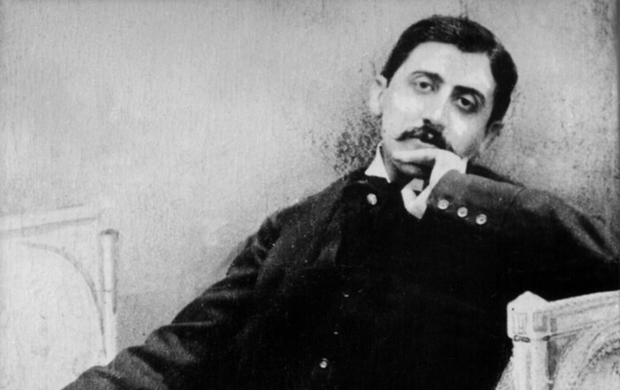Involuntary memory refers to memories triggered by daily events (getting the mail, tying your shoelace, biting into a peach, etc.). This, unlike other kinds of memory, is not conscious or intentional. These moments are unexpected. Think of Proust’s narrator in Remembrance of Things Past. He dips a piece of cake into his tea, and this single motion resurrects memories of similar experiences, as well as a myriad of other past moments. He expresses the feeling as “an exquisite pleasure...something isolated, detached, with no suggestion of its origin…[an] all-powerful joy.” Then he asks: “Whence did it come? What did it mean? How could I seize and apprehend it?” (1) For the narrator, this was a singular moment—a parenthetical that had a beginning and an end.
For Proust’s narrator to experience involuntary memory, he had to be in a certain place (at his mother’s house), doing a certain thing (dipping a madeline into his tea). Now, all we need is an Internet connection. This type of experience is infinitely capable of happening—maybe twice a week or three times per day or even once every few hours. I recently typed “BAM” into my gmail search box to try to find the ID number for my Brooklyn Academy of Music membership. I found my ID, but I also found an array of chats and emails that all contained this keyword, which was irrelevant to my membership. As one reads, “then a few months later: bam!” another, “bam! she appeared.” It was disorienting to be confronted with this disperse collection of emails. I was forced into these memories of past moments. (What happened a few months later? Who appeared?)
